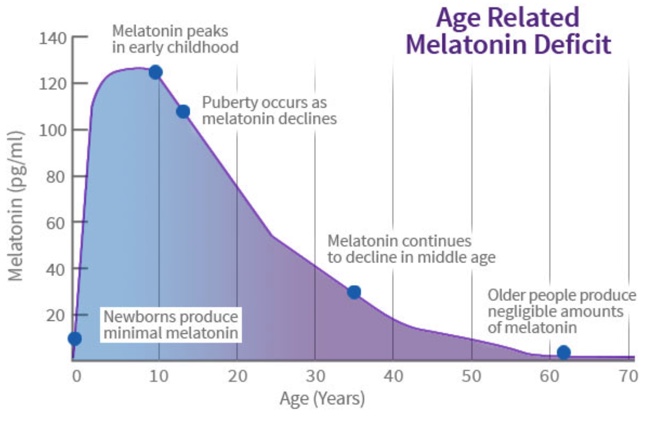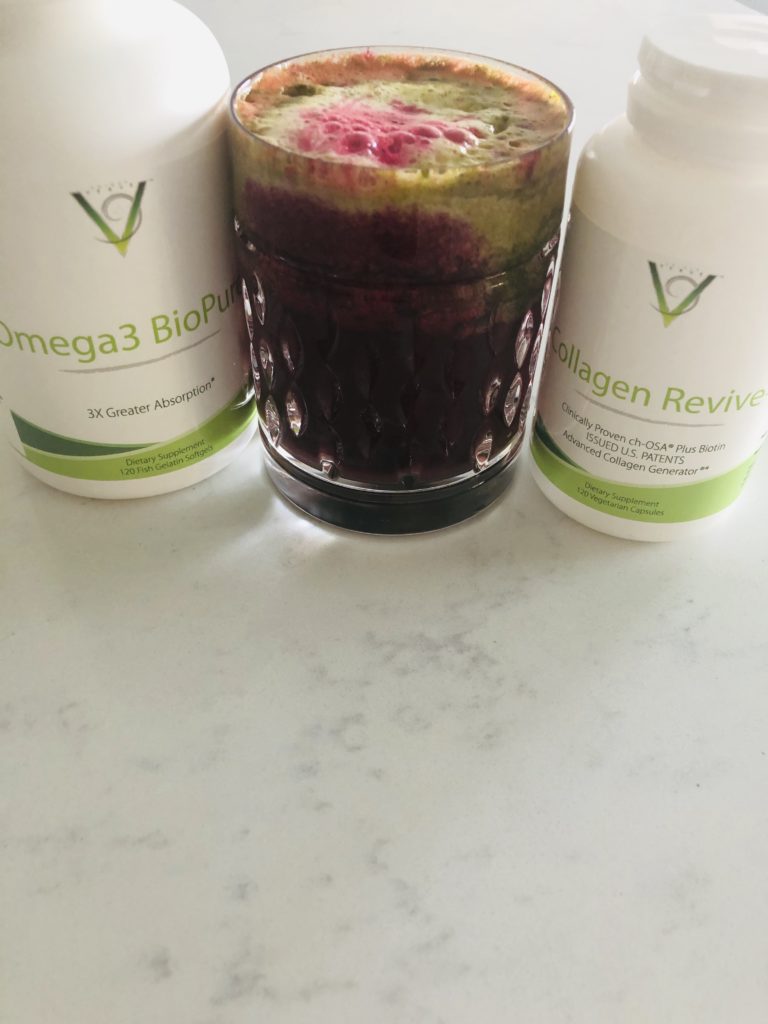COVID-19 is a novel virus. Because it is a new virus, our immune system is just learning how to respond to it. Eventually we will develop a strong adaptive immune system to this virus which will help us to have more upfront response to it. However as of right now our innate immune system is trying to figure out what is going on. And it’s going to take some time.
This is an exciting update to my original post: A clinical study was published on May 13, 2020 revealing that infectivity of asymptomatic Covid-19 carriers might be weak. The result of this study may alleviate parts of the public concern about asymptomatic infected people.
There are many actions we can take in order to reduce the risks of getting COVID-19:
- COVID-19 is not airborne. It spreads through coughs, sneezes and close contact. Social distancing is extremely effective and important.
- Wash your hands with water and plain soap. Do a surgical wash for 15-20 seconds. Don’t just wash fingertips. It’s the physical action that helps to remove germs from your hands. The longer you wash, more effective it is. Alcohol above 60% is anti-viral. Anti-bacterial agents do not kill viruses, they kill bacteria, so either wash your hands with soap or use alcohol. I use alcohol to clean my countertops and all the surfaces.
- Carry disposable gloves or tissues when going grocery shopping. What we know is that this virus remains in the surfaces, so you can protect yourself by wearing disposable gloves or using tissues to open the doors.
- Do not touch your face, especially when you are outside your home. People can get transmission from the surfaces.
- If you are staying home, you don’t need a mask. Save the masks for the front line workers who are directly facing this endemic and putting their health at risk.
As always our society is looking for a quick fix. This is a good reminder that we need to keep our immune system as strong as possible.

- Reduce stress and anxiety. Both increase cortisol which lowers melatonin. Melatonin and cortisol naturally counteract each other. This might be the reason why children under age 10 might be less vulnerable to downstream disease from SARS. Sleep and melatonin provide better immunoregulation. This can also be a reason why older population is more vulnerable besides the fact that they have weaker immune function. If you have problems with insomnia, try chamomile tea, valerian root, holy basil or ashwaganda (a blend of different agents works better than just one). Sleep boosts immunity!
- Laugh and giggle more. Research shows that laughter reduces stress, anxiety by increasing the endorphins. Laughter also enhances an intake of oxygen-rich air, stimulates your lungs, and other muscles. So switch late night news to a comedy movie.
Food is a powerful medicine. Eat whole foods, not broken foods.
- Avoid sweets, sugars and refined carbs that spike up the blood sugar and trigger inflammation. It’s not a right time to binge on pizza, chips and ice cream. Keep your immune system as strong as possible. You can award yourself with the pizza when we will have this virus behind us.
- Green juicing is a great way to get alkaline and anti-inflammatory ingredients into your body. My morning green juice includes organic celery, organic kale, organic garlic, organic ginger, organic lemon, organic kiwi or apple and organic carrot. Since we are social distancing I have been eating garlic every day. I guess it helps to maintain social distancing:) Garlic has natural anti-bacterial and anti-viral properties.
- Air out your apartment daily. Go for a daily walk while maintaining social distancing. We must supply our bodies with the oxygen.
- Exercise but don’t do aggressive exercise. This can cause oxidative stress to the body. Conserve your energy.
- Drink plenty of plain, filtered water. Avoid soft drinks. They contribute to inflammation. Hence reducing your body’s immune function.
- Keep your microbial friends happy. Most of our immune system is housed in the gut. So take care of your gut. Stay hydrated and take probiotics. You can also eat foods high in probiotics. In my practice I see so many people who take anti-biotics for a small breakout or to treat mild redness. Right now is a bad time to take an anti-biotic for a tiny breakout (unless you have a severe reason to why you were prescribed anti-biotics). First of all anti-biotics are not getting to the root cause of the problem. But they surely disrupt your microflora. Microbiome has many functions. One of the functions is to prime your immune system.
- Avoid alcohol or reduce consumption.
- Avoid smoking or try patches or gums to reduce burden on the lungs.
Green juicing helps to boost an immune system.

We have evolved with bacteria and viruses for millennia. We were able to survive as human beings because of a strong immune system. So let’s not forget about the foundational things while following CDC guidelines.
Be safe and healthy!
